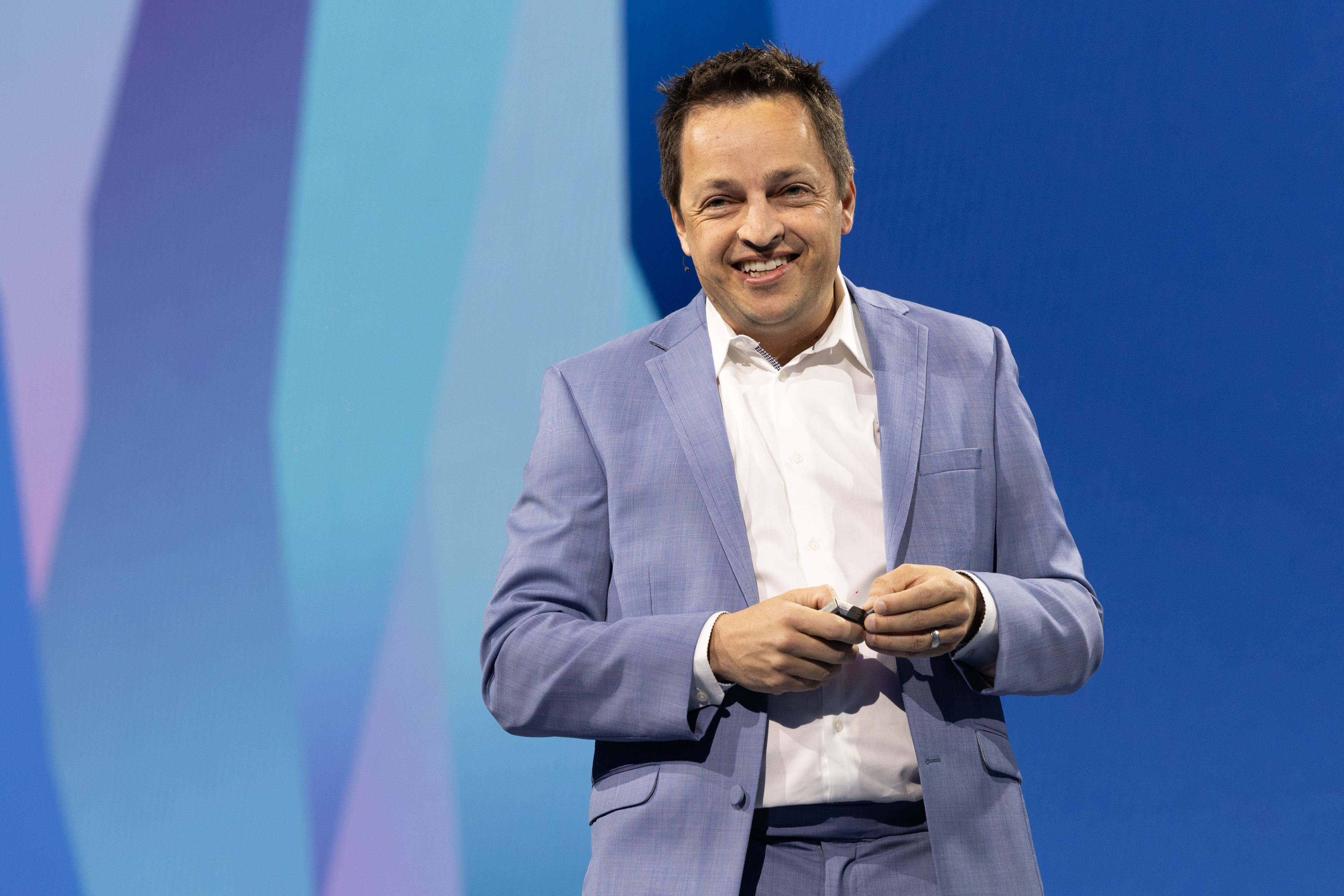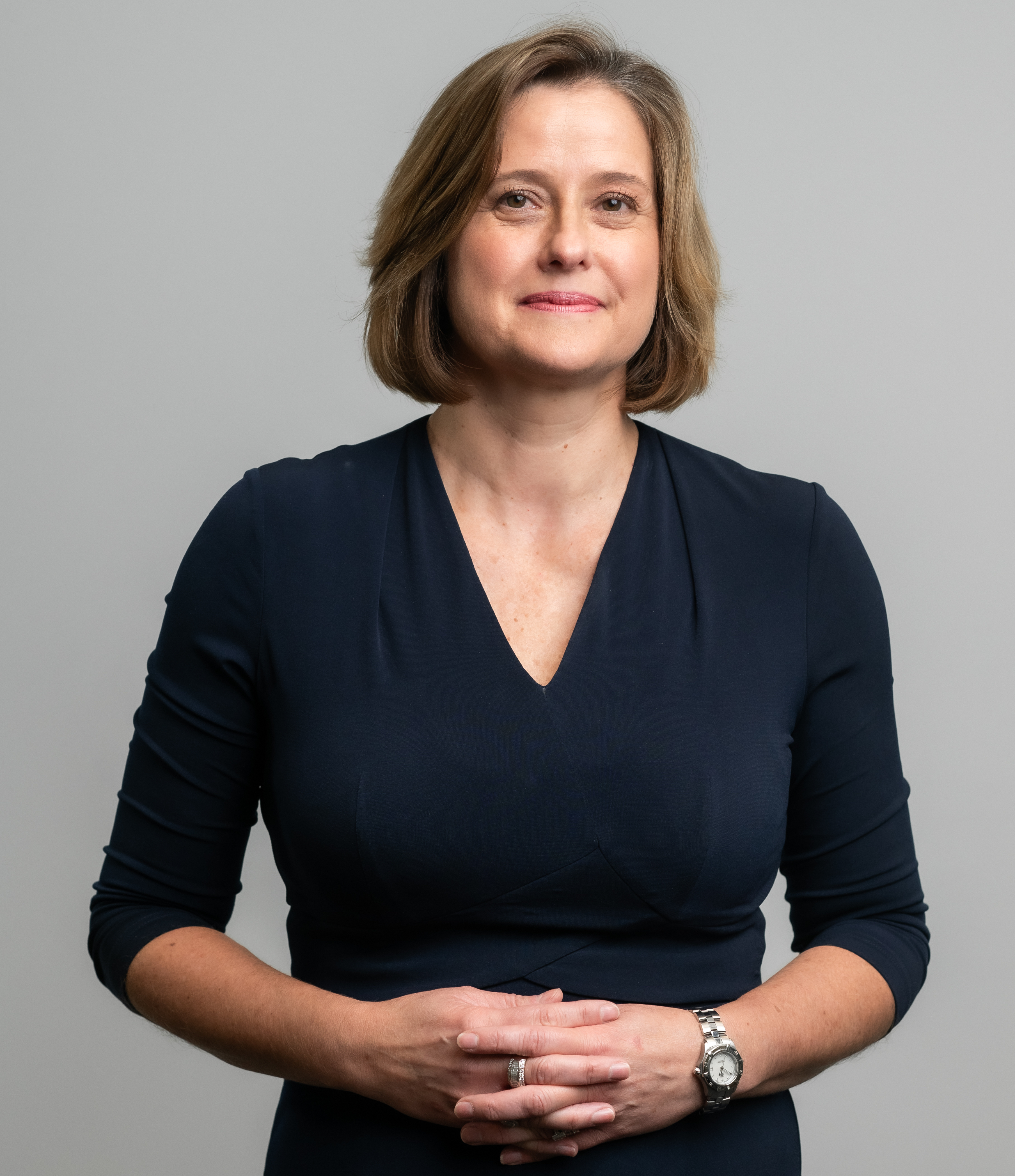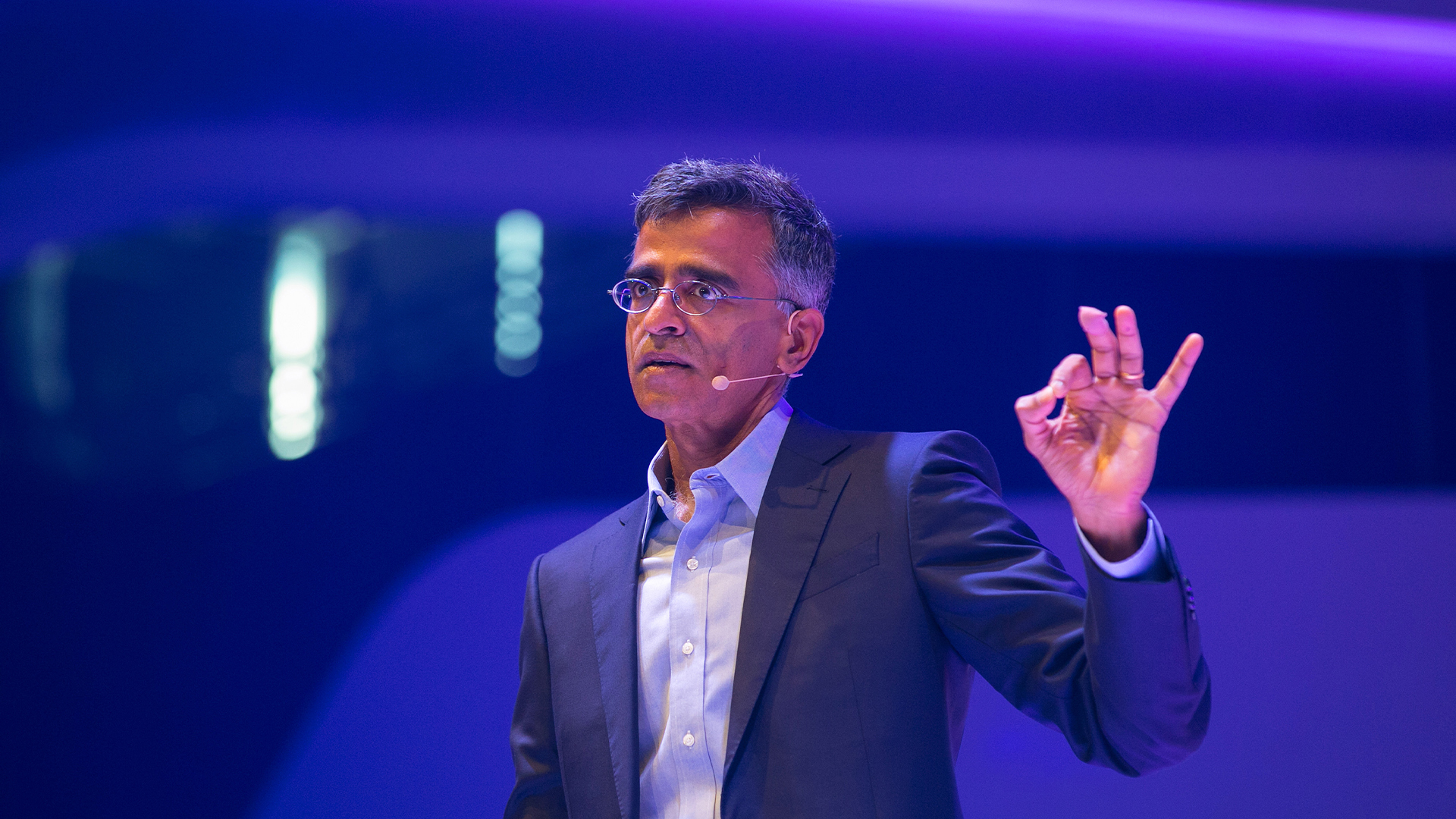Snowflake: "We want our Marketplace to be Netflix not YouTube"
Firm's SVP of product stresses the importance of quality over quantity in relation to apps


Snowflake said it refuses to sacrifice quality in its pursuit of disruption in the application development space.
The company's SVP of product, Christian Kleinerman, likened Snowflake's ambition for its Native App Framework to Netflix, highlighting the desire for it to launch with a selection of highly curated, high-quality apps.
The former YouTube executive loosely used his past employer's video-sharing platform as an example of the type of product that the Native App Framework, which on Tuesday launched in public preview with apps from 25 providers, will not aim to replicate.
“Even though we mentioned 25 providers published, there are like 90 additional applications already in the queue, in some stage of development or in submission," he told ITPro during an interview at Snowflake Summit 2023.
RELATED RESOURCE

Analyzing the economic benefits of Trend Micro Vision One
Enhanced visibility and response through integration at the application layer
"Because when you submit it to the Marketplace, we don’t just publish anything that comes. We run it through a number of validations and checks because we want to stand by the quality of what's there.
“So, the guidance that I give my entire team is I want our Marketplace to be Netflix, not YouTube. I worked at YouTube, so saying that is difficult for me as I love YouTube.
“YouTube is this place where anyone can publish. While Netflix is a very curated catalog where quality is vouched for and you know exactly what you're going to find, and that's what we aspire to with our Marketplace, which is different from other companies.”
Get the ITPro daily newsletter
Sign up today and you will receive a free copy of our Future Focus 2025 report - the leading guidance on AI, cybersecurity and other IT challenges as per 700+ senior executives
Kleinerman also talked about the fairly recent shift that has occurred among enterprises that now truly understand the power of data to make or break their fortunes.
He added that some companies are still yet to embrace the change and, as a result, there will be winners and losers.
“We're at a point in time where companies have realized that data represents a competitive advantage. It’s something that can get companies ahead of their peers, but those that are not doing [so] are the ones are going to fall behind,” he said.
“This realization has been happening in the last five-to-ten years. And AI is now turbocharging that. I think Google was at the forefront for many years on leveraging data to build better products and better services. So, now, a lot of what you see across the world is about how you get every company to be as data-driven as Google or Netflix or those types of companies.”
In Snowflake's view, the catalyst for driving the importance of data up the corporate agenda can be attributed to new technology that now allows organizations to generate more value from the data they store.
“I think for the longest time - the last 10, 20, 30, 40 years - data was seen as second priority, something that is only relegated to IT, and something that is very backward-looking,” he said.
“And, frankly, the technology was not there to truly open up the opportunity of leveraging data more broadly.
“IT was spending an incredible amount of time just keeping the systems running. [In such circumstances], who has time to think about data as a strategic asset, data as a differentiator? Now all of that has changed. I think the cloud has helped and at Snowflake, we've been at the forefront of [this change].
“We do not want our customers to be focused on the infrastructure. We want our customers focused on data, data models, metric definitions, and dimensions. And it's truly there where the value lies.”
Maggie has been a journalist since 1999, starting her career as an editorial assistant on then-weekly magazine Computing, before working her way up to senior reporter level. In 2006, just weeks before ITPro was launched, Maggie joined Dennis Publishing as a reporter. Having worked her way up to editor of ITPro, she was appointed group editor of CloudPro and ITPro in April 2012. She became the editorial director and took responsibility for ChannelPro, in 2016.
Her areas of particular interest, aside from cloud, include management and C-level issues, the business value of technology, green and environmental issues and careers to name but a few.
-
 Should AI PCs be part of your next hardware refresh?
Should AI PCs be part of your next hardware refresh?AI PCs are fast becoming a business staple and a surefire way to future-proof your business
By Bobby Hellard
-
 Westcon-Comstor and Vectra AI launch brace of new channel initiatives
Westcon-Comstor and Vectra AI launch brace of new channel initiativesNews Westcon-Comstor and Vectra AI have announced the launch of two new channel growth initiatives focused on the managed security service provider (MSSP) space and AWS Marketplace.
By Daniel Todd
-
 Hastings Direct will use AI, data, and the cloud as a “superpower” to combat fraud and offer better value for good customers
Hastings Direct will use AI, data, and the cloud as a “superpower” to combat fraud and offer better value for good customersCase study The insurance firm’s CIO is keen to ensure good vs bad triumphs when it comes to using emerging and evolving technologies…
By Maggie Holland
-
 Partnering for success: How Snowflake partners are key in turning CEO vision into reality
Partnering for success: How Snowflake partners are key in turning CEO vision into realityNews Snowflake CEO Sridhar Ramaswamy said that it takes a village to achieve what it plans to achieve and does not underestimate the power of the partner ecosystem
By Maggie Holland
-
 Four things to look out for at the Snowflake Data Cloud Summit 2024
Four things to look out for at the Snowflake Data Cloud Summit 2024The data cloud company rolls into town with its annual conference in San Francisco, California
By Rene Millman
-
 Snowflake: “We want to be the iPhone of data applications”
Snowflake: “We want to be the iPhone of data applications”News Firm’s Native App Framework is now in public preview on AWS, with more than 25 new apps available on its Marketplace
By Maggie Holland
-
 Lovers not fighters: Nvidia and Snowflake take their relationship to the next level with focus on generative AI
Lovers not fighters: Nvidia and Snowflake take their relationship to the next level with focus on generative AINews NVIDIA NeMo will integrate with Snowflake Data Cloud to enable custom large language models using proprietary data to be built quickly and easily
By Maggie Holland